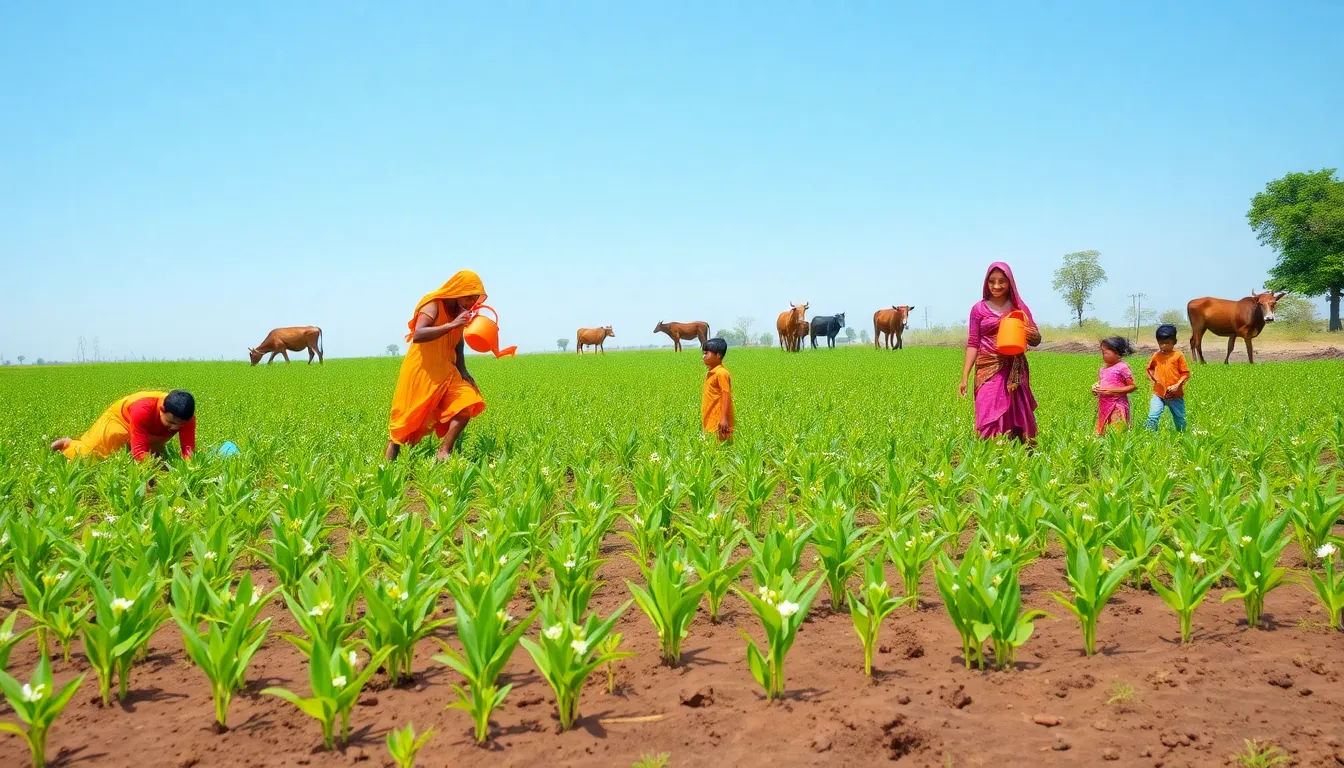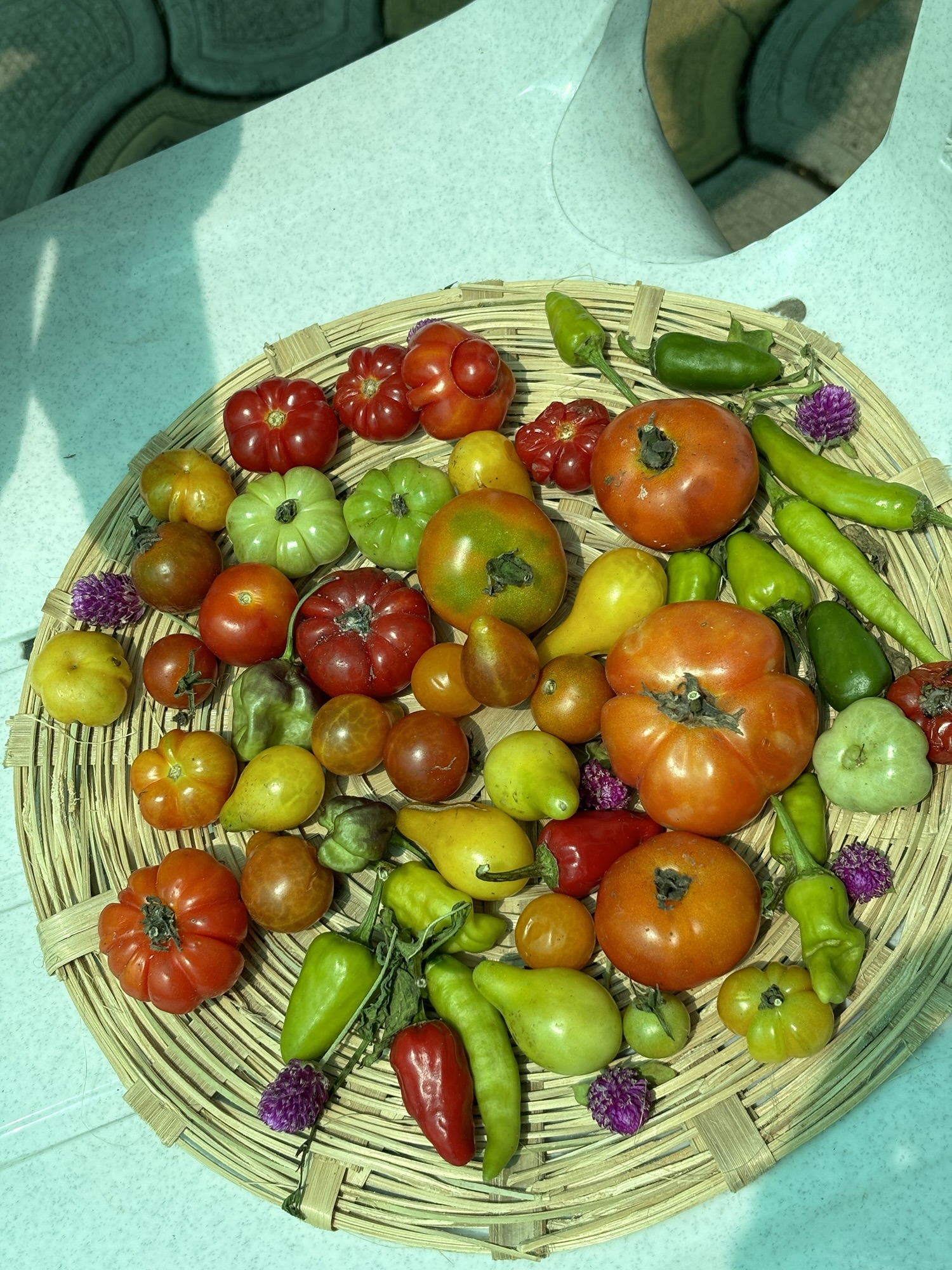In a major breakthrough for crop science, the International Crops Research Institute for the Semi-Arid Tropics (ICRISAT) has introduced a new speed breeding protocol for finger millet, known as Rapid-Ragi. This innovative method significantly shortens the crop’s growth cycle, allowing researchers to grow up to four to five generations of finger millet each year. Traditionally, only one or two generations could be grown in the same period under field conditions.
Finger millet, also known as ragi, is a vital crop in Asia and Africa. It plays a crucial role in food security and nutrition, especially in regions where it is a staple food. In India, 2018 was declared the National Year of Millets, and the United Nations followed suit by declaring 2023 as the International Year of Millets. This renewed focus on millet crops highlights their importance in healthy diets.
The Rapid-Ragi protocol reduces the growth cycle of finger millet significantly, from 100–135 days to just 68–85 days. This reduction can be achieved through various agronomic techniques, including optimized lighting, temperature control, and humidity management. The approach involves using natural light supplemented with short bursts of artificial light, especially on cloudy days. This makes the protocol simpler and more cost-effective.
The ICRISAT team achieved this breakthrough by modulating several factors, including planting density, irrigation efficiency, and nutrient management. Unlike other crops, such as chickpea and pigeonpea, which require complex light conditions, finger millet does not depend on specific light wavelengths. This simplification has made the Rapid-Ragi protocol accessible to researchers worldwide.
The advantages of this new breeding method are clear. Faster germination and quicker vegetative growth lead to shorter flowering and rapid maturation of the crops. With the ability to produce more generations in a year, researchers can develop improved cultivars more rapidly, helping to ensure food security in regions that need it most.
This protocol is now available for global researchers and breeders, continuing ICRISAT’s mission to empower them in building resilient and nutritious food systems. By sharing this knowledge openly, ICRISAT hopes to foster collaboration and innovation in the field of agricultural research.
ICRISAT was established on March 28, 1972, under a memorandum of understanding between the Government of India and the CGIAR. The organization is dedicated to improving dryland farming and addressing challenges related to hunger and malnutrition affecting billions of people in Asia and Sub-Saharan Africa.
With the introduction of the Rapid-Ragi protocol, ICRISAT is set to revolutionize finger millet research, paving the way for a more sustainable and nutritious future. The increased focus on millet crops like finger millet aligns with global efforts to promote diverse and resilient food systems, essential for tackling hunger and malnutrition in vulnerable populations. This innovation could be a game-changer in efforts to enhance food security and nutrition worldwide.





